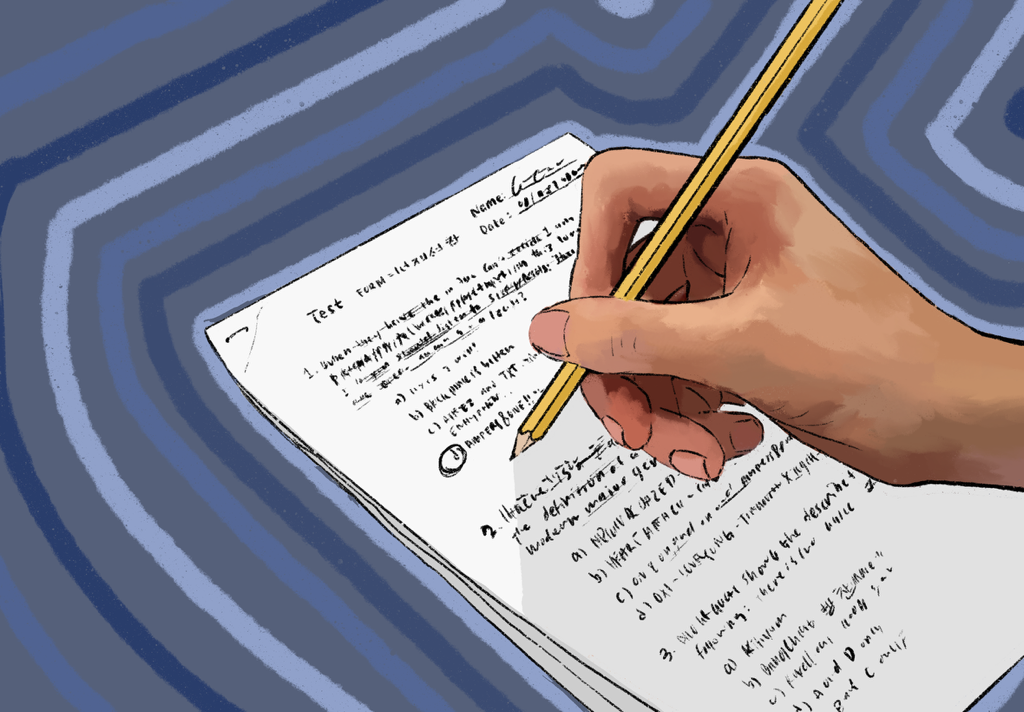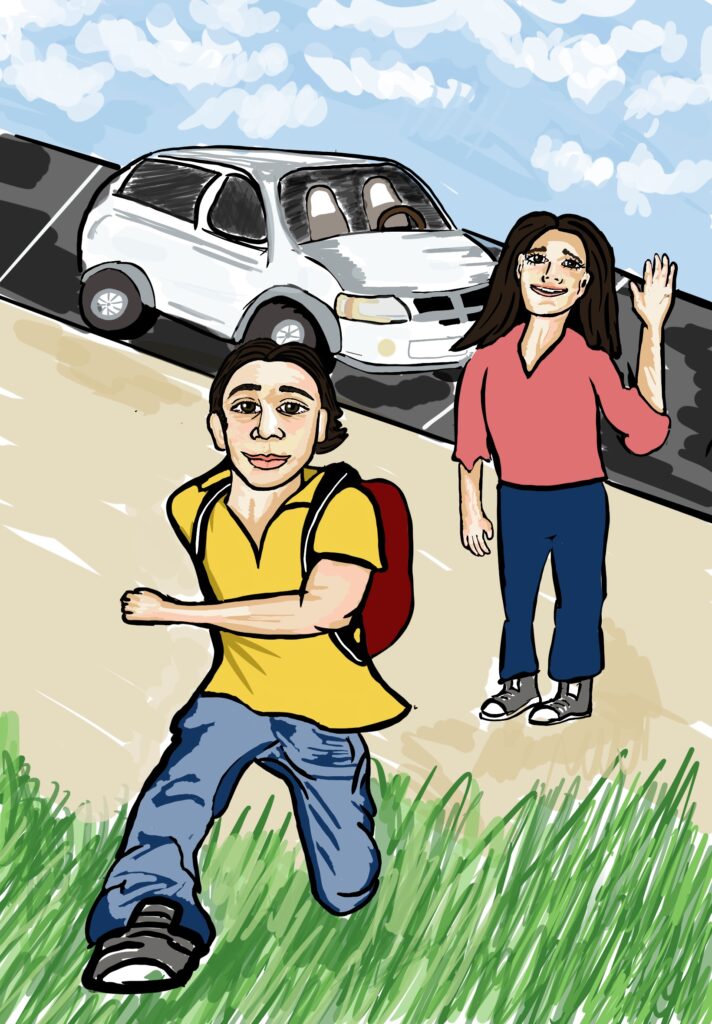The one thing on every Choate student’s mind upon arriving to campus is the summer reading. Every student, regardless of extracurriculars, housing situation, or social circle, is subject to the required summer reading. It seems that Choate has yet to devote the same meticulous attention to the summer-reading experience as it has to other facets of student life. The required reading undermines the main objective of summer reading as outlined in the guide: encouraging students to take “imaginative excursions” to “lands far away” (quoting Emily Dickinson), by reading some of the books on the list. The true limitation of summer reading is that these books take us to all to familiar lands, not those far away.
A single required book for all students is the inescapable side of summer reading. First, the book should not be chosen based on the availability of authors to visit campus. The nature of a required book lets those who choose it urge, even impose, a single perspective. This notion is undisguised with the choosing of The Book of Unknown Americans and its didactic narrative. On one hand, the book’s theme of star-crossed lovers, limited not only by their parents but also by the norms of their society, is almost comically overt. If that idea were reinforced even a little more the novel would border satire. On the other, the underpinnings of the plot are grossly leftist, and they are certainly not original.
Stories of immigration from Latin America are all too familiar, even more so at Choate. What The Book of Unknown Americans has to say about the modern world is, in truth, said all too much. There may be inherent value in reading such books, yet there isn’t a balance of ideas. This problem is seen even more so in the summer reading guide’s list of other book titles.
The sections on American Literature for fifth and sixth formers, in particular, demonstrate this concept. Numerous fictional anti-war books are listed, from Catch-22 to A Good Scent from a Strange Mountain and The Things They Carried. Yet there are no books that detail the true accounts of valor, bravery, or heroism in the face of overwhelming odds–Lone Survivor, for example. Nearly one quarter of the books listed in the section center around a black female protagonist, yet there isn’t a single book with a Jewish main character. Perhaps Michael Chabon’s Pulitzer- Prize winning The Adventures of Kavalier and Clay should be included, even The Boys in Boat, in which the coxswain is Jewish. Only The Joy Luck Club has Asians at the center of its narrative.
I commend the U.S. History Honors teachers for striving to find this balance in the selection of Colson Whitehead’s The Underground Railroad. The book strikes a balance that has yet to appear in other disciplines.
The summer-reading books transport us to what appear to far away perspectives, and yet it seems as though we are always visiting those places. The faculty members who create and update the summer-reading guide, and who select the required book should look to refine their choices. Students voices, in fact, should be included.




